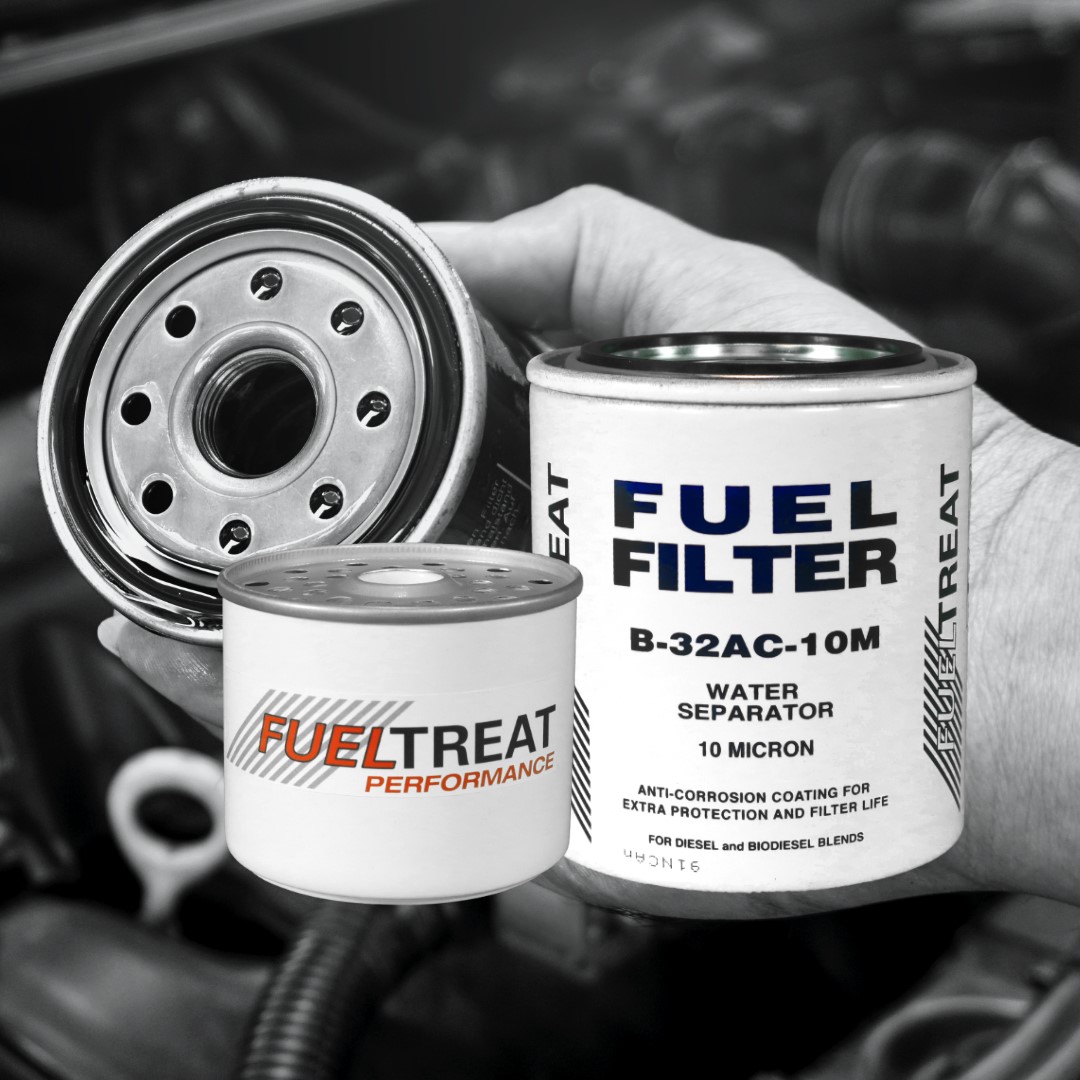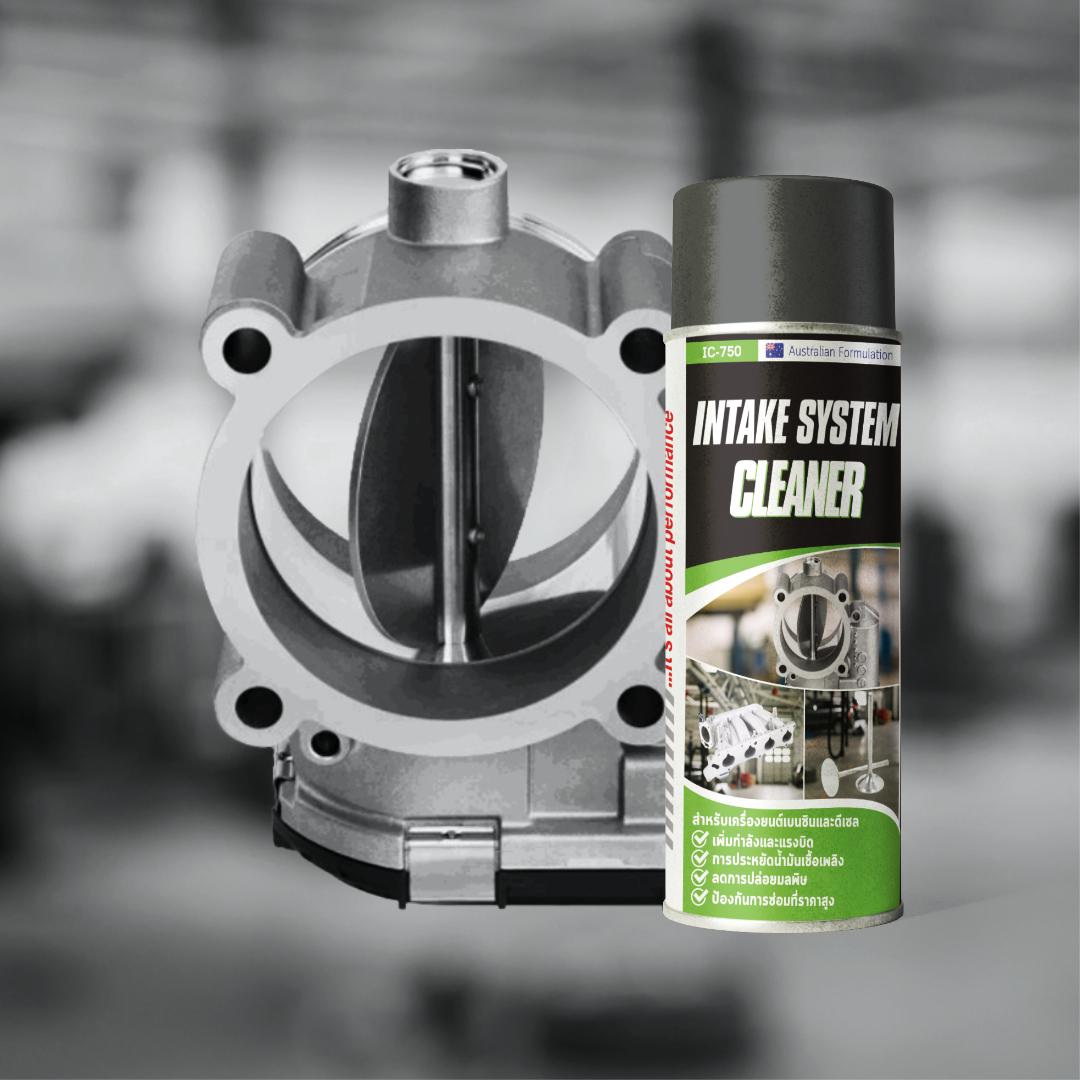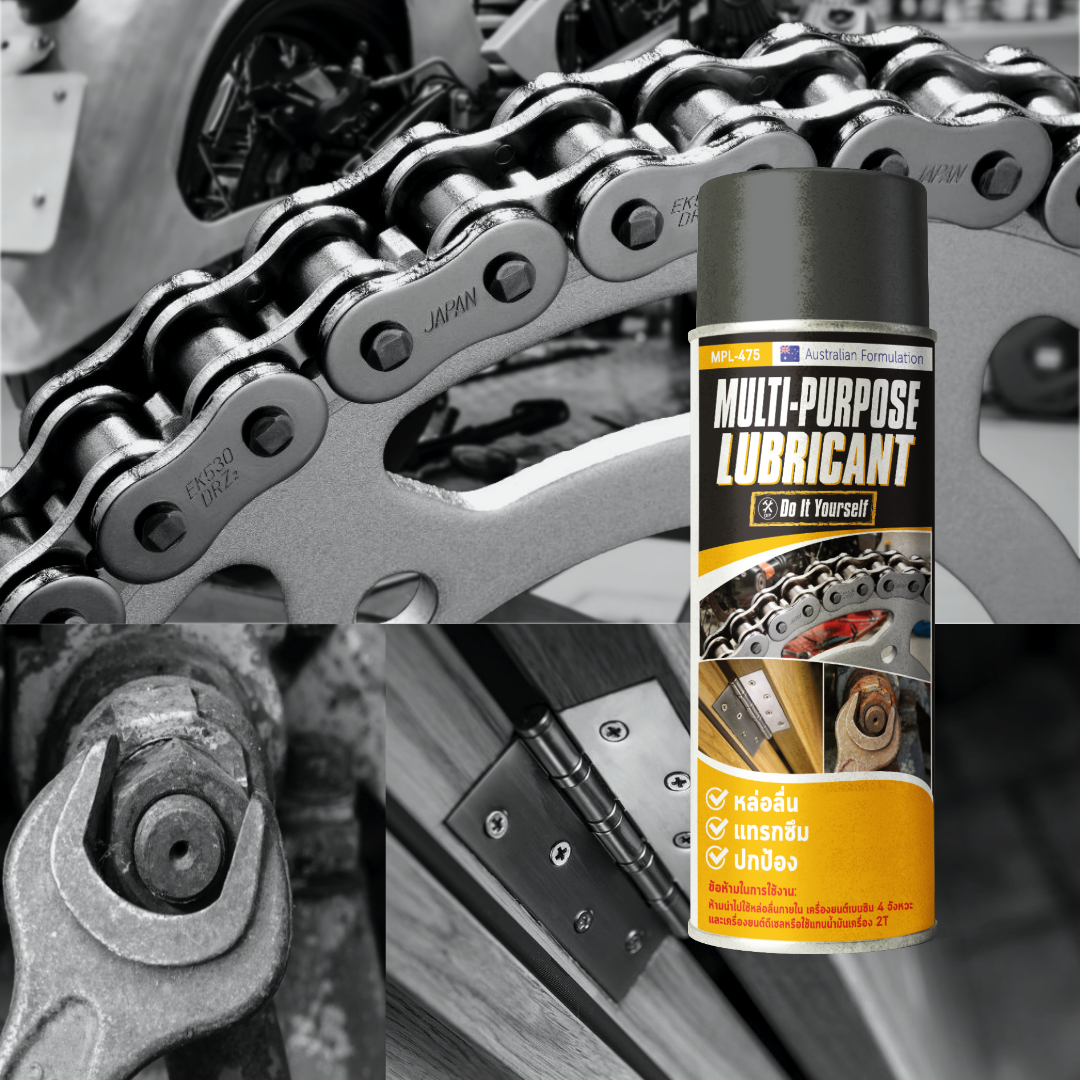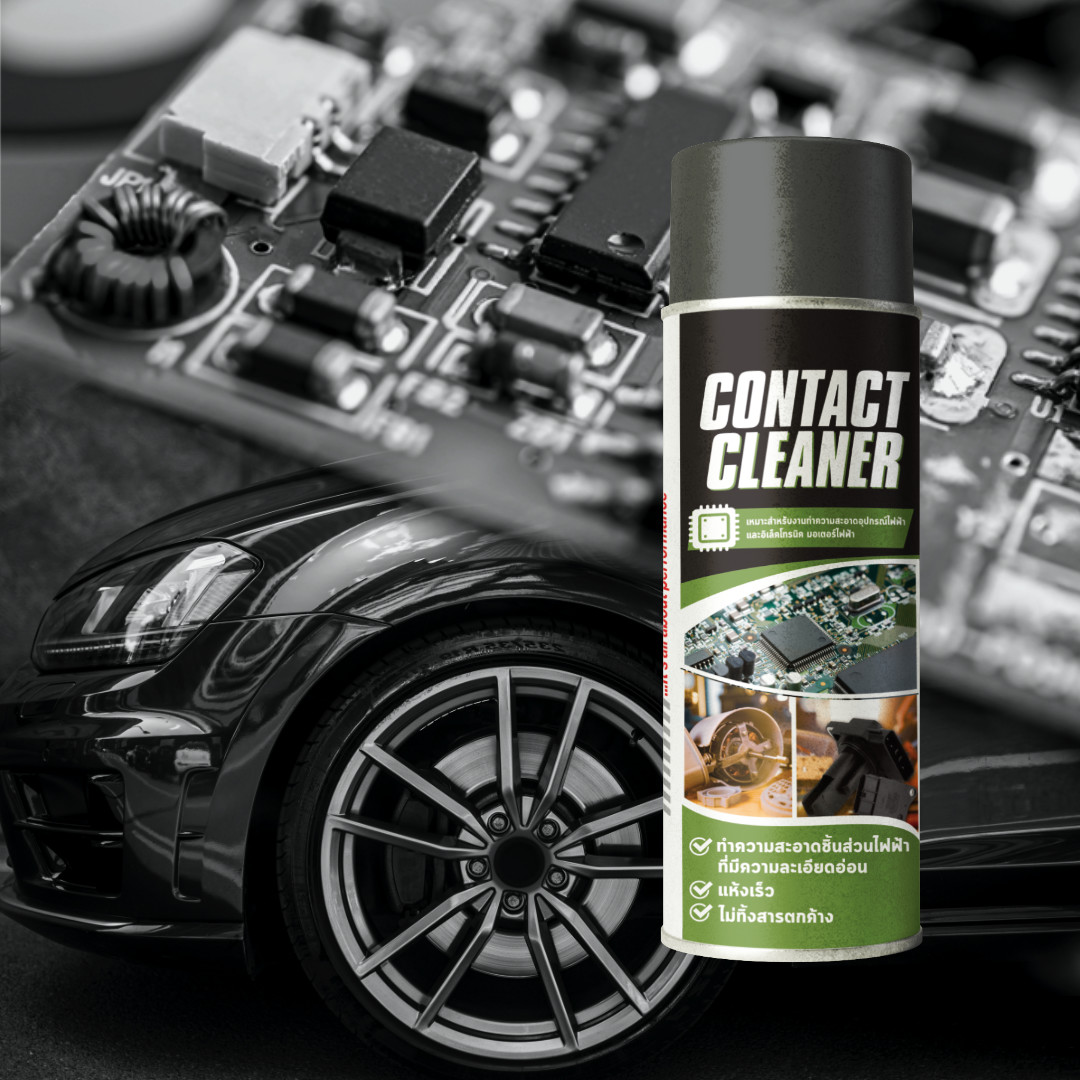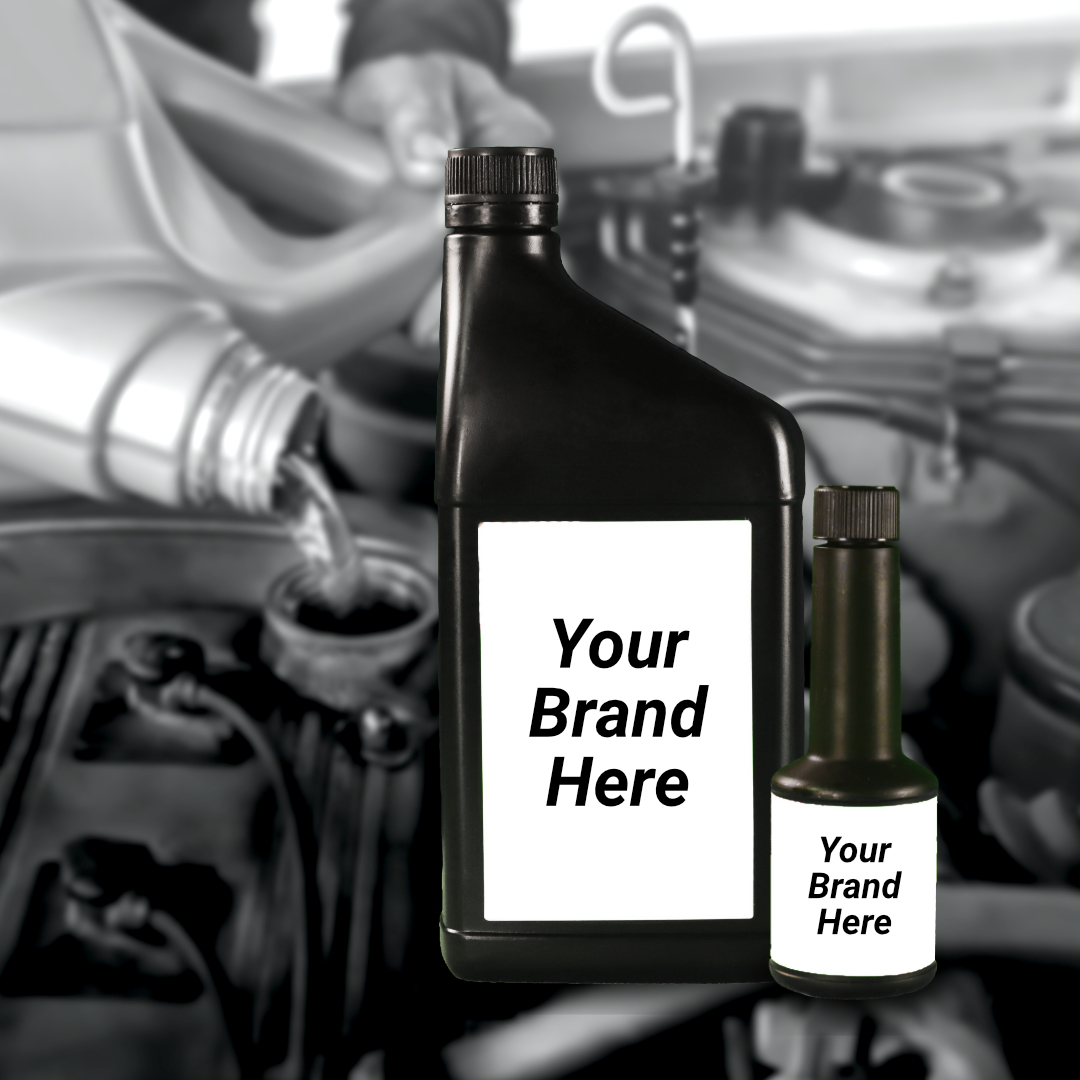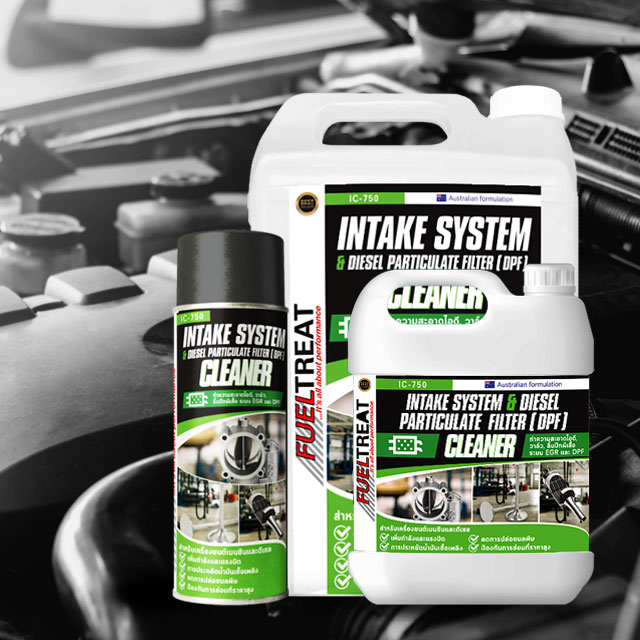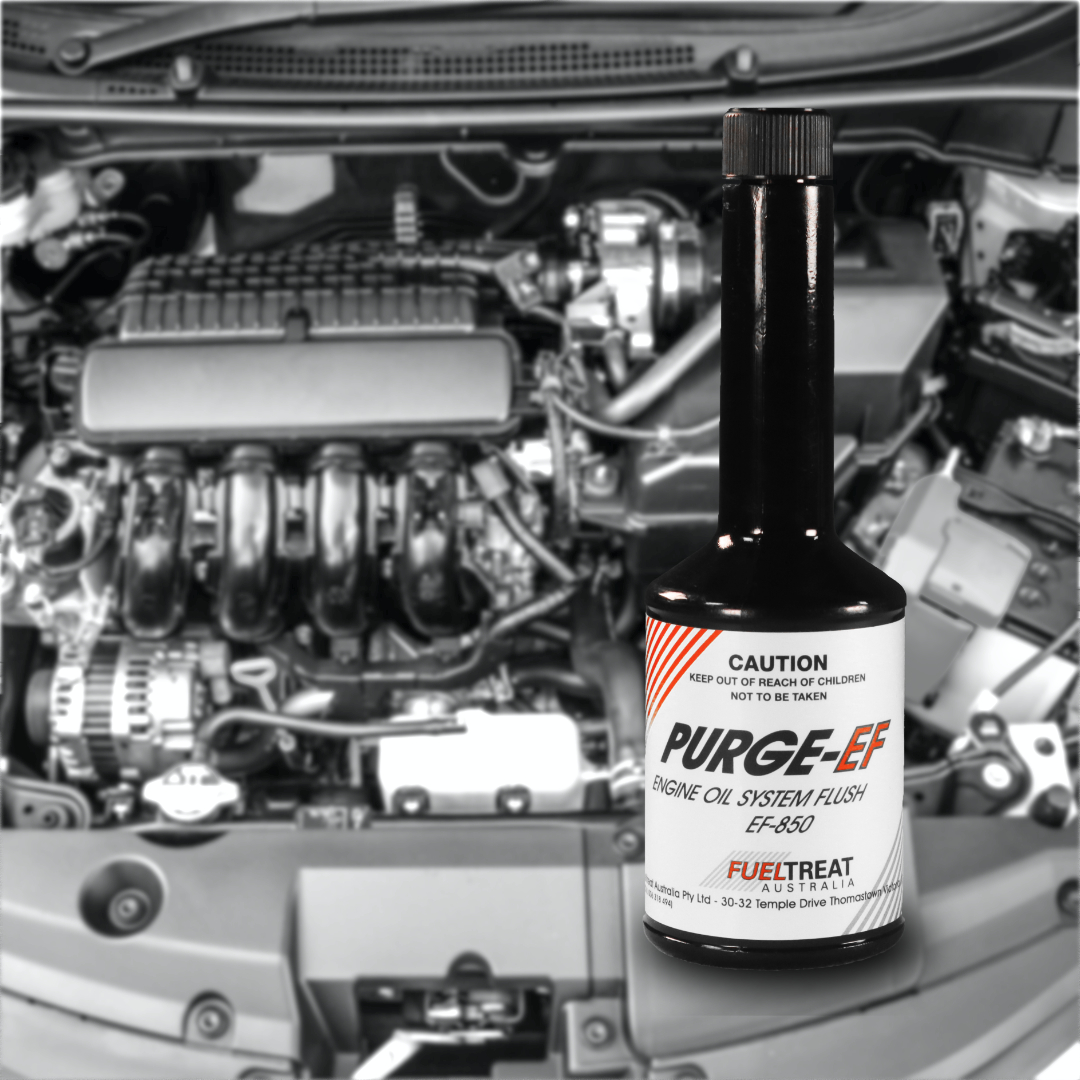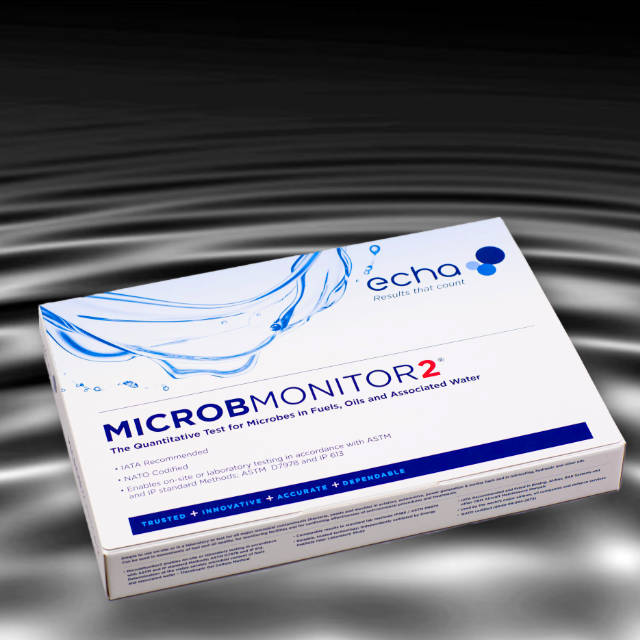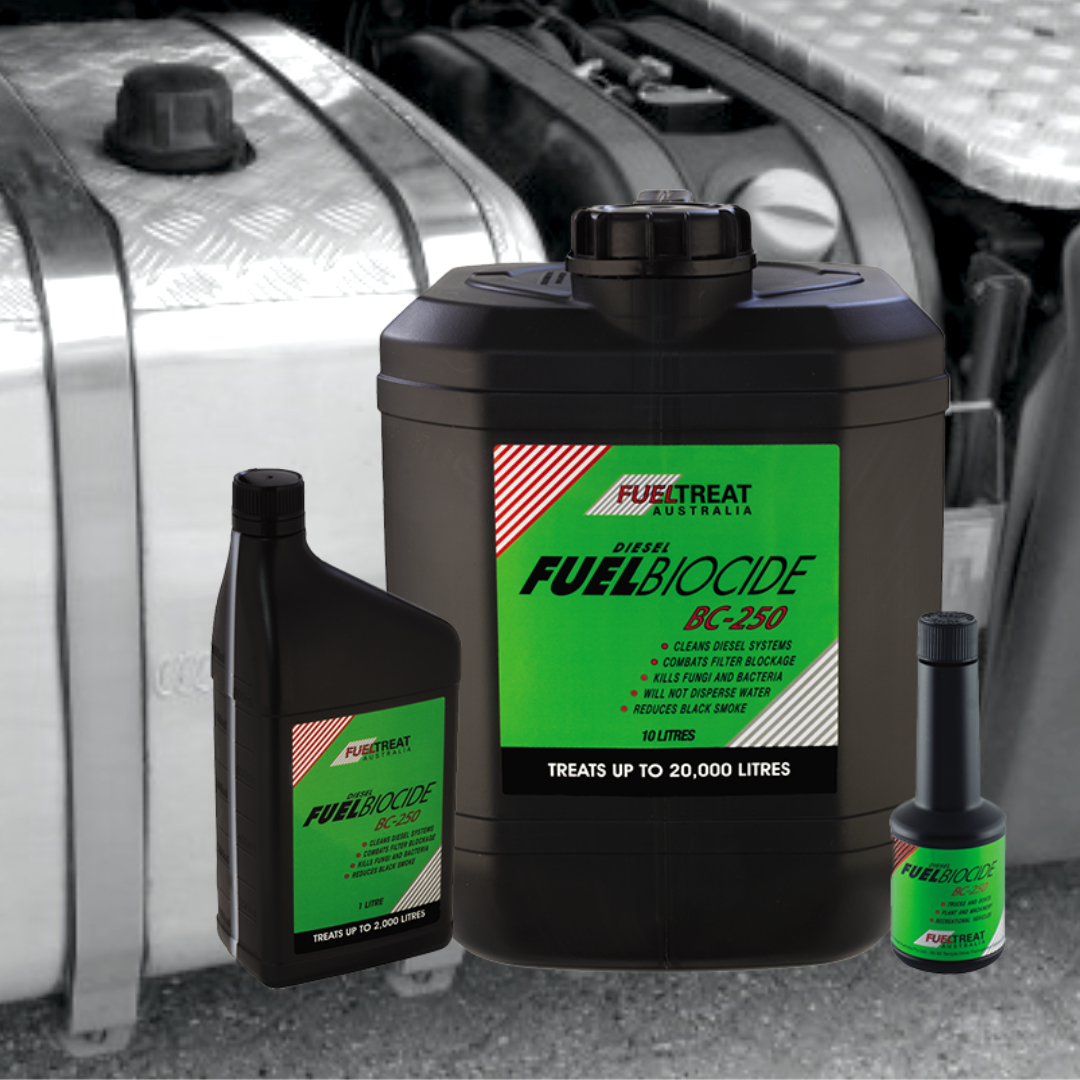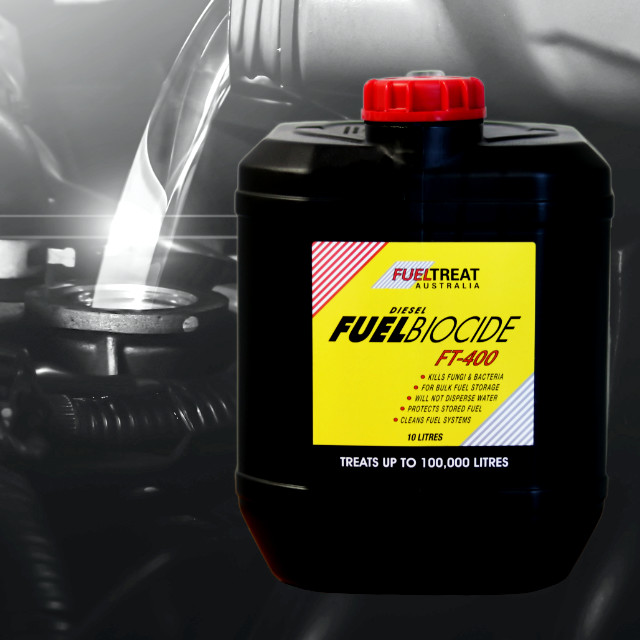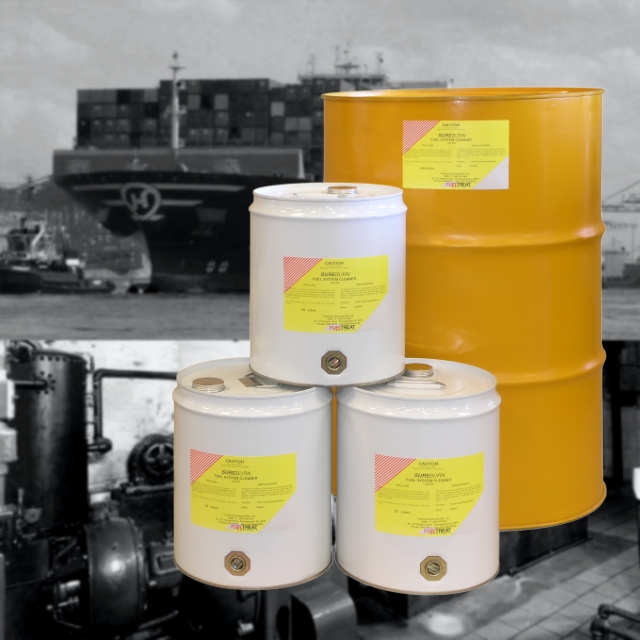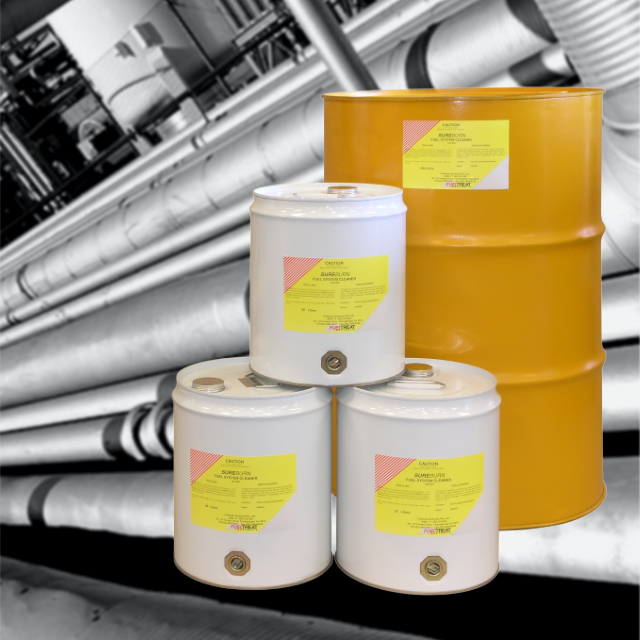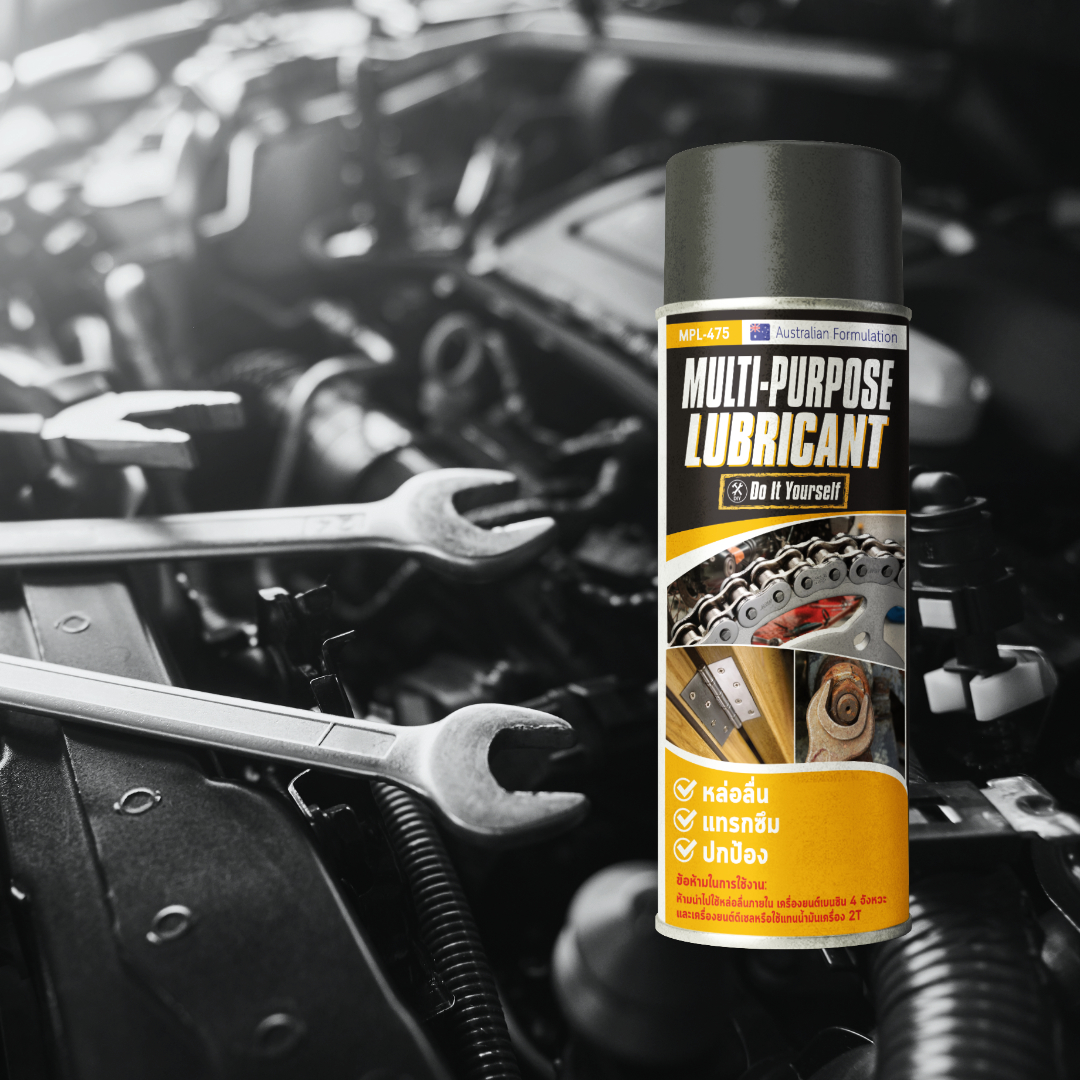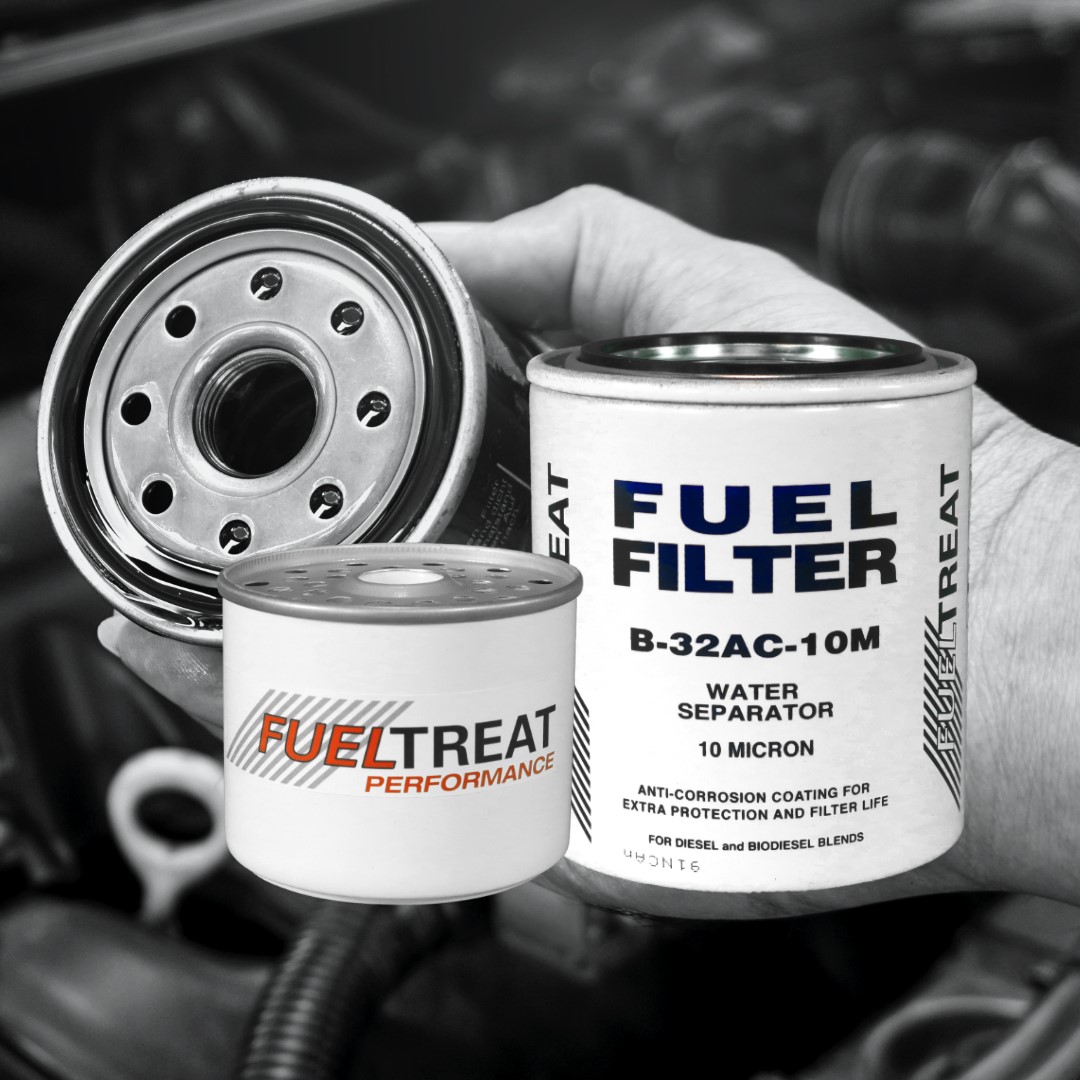

Diesel and petrol fuels are the lifeblood of the internal combustion engine. The fuels that power these engines need to be in optimal condition to ensures fuel reliability and optimum engine life, performance and efficiency.
Diesel fuel starts to degrade less than 30 days from the time it is refined. As diesel fuel ages, it reacts with oxygen in storage tank resulting in the development of fine particulates, which can clog fuel filters prematurely. Bio Diesel is even more unstable due its biological fatty acid methyl ester (FAME) component.
Click the links to see how each of our industry specific products can help ensure that your fuel is stored and maintained as good as the day it was refined.
FT400 BC250 SUREBURN MICROBMONITOR FILTERS
How we protect and store fuel in storage
The presence of excess water in fuel storage tanks causes microbial contamination to occur requiring the contamination to be removed and the fuel and tank sterilised to prevent reoccurrence. Rust and other fine contaminants also accelerate fuel degradation. Not only is contamination an issue for fuel quality, but diesel fuel contamination can cause fuel injector and fuel pump failures to occur leading to engine shut down.
When new fuel is delivered, it has often been stored, transported, transferred many times before it is finally used, offering many possible fuel contamination points that could affect fuel quality. Even if free of contaminants when delivered, fuel will become contaminated and degrade quickly if the existing fuel in the storage tank is contaminated.
The FAME components in Biodiesel can cause waxy deposits to form in fuel if temperature falls below certain values. The higher the FAME content the higher the clogging temperature. If clogging occurs in the fuel, filters become blocked very quickly causing engine shut down.
Because of these common fuel storage issues, it is important to treat the fuel after a period to stabilize and prolong fuel life. Failure to do so will cause issues through the supply chain when the fuel is finally delivered and used.
With the introduction of Ultra Low Sulfur Diesel (ULSD) fuel and Biodiesels, fuel operators have been forced to deal with the issues associated with microbial contamination and increased water levels in diesel fuel storage tanks. Premature fuel-filter plugging and fuel tank corrosion can be prevented, as long as fuel is treated in the appropriate way.
FUELTREAT have years of experiencing in dealing with costly microbial contamination issues. Our comprehensive fuel tank maintenance program using FUELTREAT engineered additives is designed to not only prevent fuel contamination from occurring but to also eliminate existing microbial contamination. Contaminated fuel once treated can be returned into service.
FUELTREAT is experienced in fuel chemistry and have developed and manufacture a range of fuel treatment solutions to protect and stabilize bulk fuel supplies, from 20,000 liters to 20,000,000 liters.
Click the links to see how each of our industry specific products can help ensure that your fuel is stored and maintained as good as the day it was refined.
Contact Us to find out more


